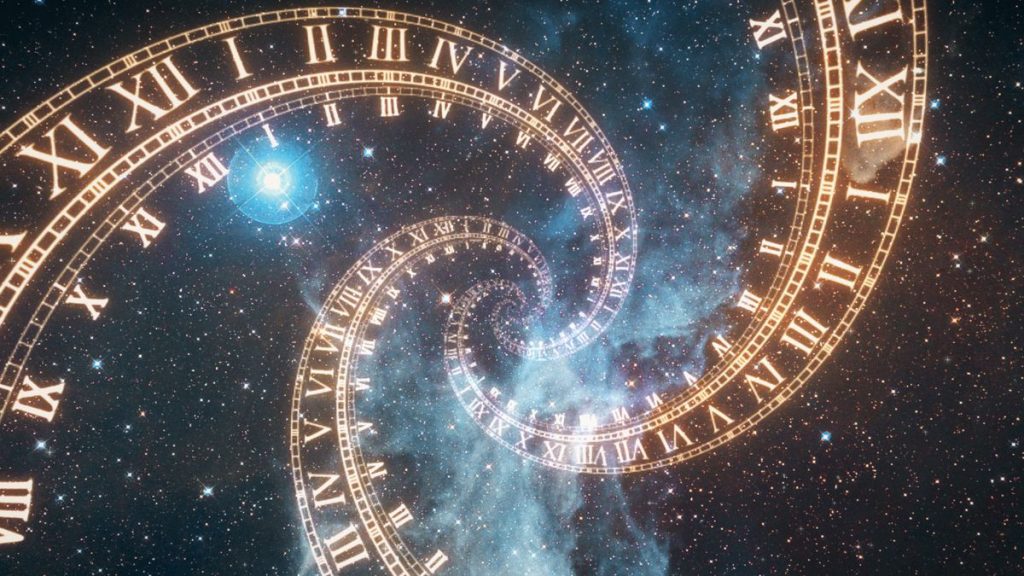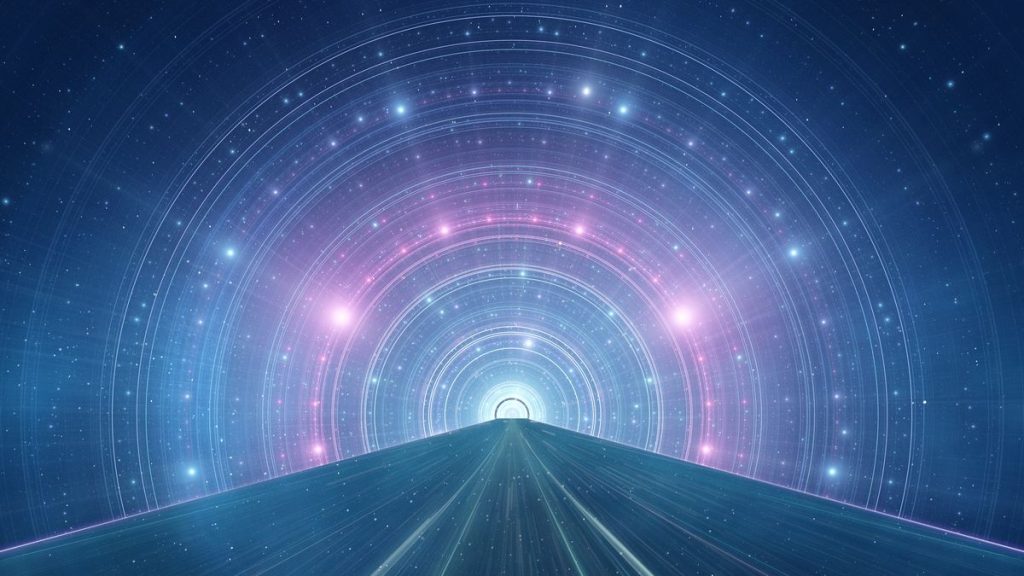Physicists have discovered that causal loops, where two events separated in time influence each other in a paradoxical way, are possible in many theoretical universes, some of which have similarities with ours.
Information without real origin
The causal loop represented a classic time travel paradox. If you send information in the past, for example by giving Albert Einstein the formula E=mc² before he theorizes it himself, then publishes it, and you finally find it in a school textbook, you create a situation in which the information has no true origin. New works pre-published on the server arXIV show that this type of loop is possible in a larger number of theoretical universes than expected.
In most science fiction stories or movies, sending messages into the past requires the information to travel at faster than the speed of light. But it seems there is no need to break the laws of physics in theoretical universes that allow causal loops.
Venkatesh Vilasini of ETH Zurich and Roger Colbeck of the University of York have mathematically modeled a set of universes within which there would be people who are able to discern information and act on it, but who are not able to communicate faster than light. Not having specified that these obey specific physical laws, such as gravity, researchers found that causal loops were especially possible in one-dimensional universes.

” Such loops would disturb reality by suppressing the origin of certain information, but could intervene within universes not revealing themselves to be fundamentally strange or exotic. writes Vilasini.
Causality and correlation
The authors of the study explain that the causality can be defined in two ways. The first takes into account how two agents relate to each other in spacetime, the distance between them, and whether they are in the future or the past of the other. For its part, the second involves the analysis of the flow of certain information transiting between them.
” Usually we assert that correlation does not imply causation », points out Vilasini. ” We started here from the opposite postulate, namely that causality does not imply correlation, or the ability of two agents to send signals to each other.. »
As surprising as it may seem, this case would amount to having Einstein discover his famous equation based on information from his future, without ever communicating directly with him.

Possible causal loops in our Universe?
Showing that past and future can be counterintuitively correlated, this work also indicates that causal loops do not necessarily result in paradoxes. However, the question of whether they can occur in our Universe remains open.
” The structure of our Universe, which implies that no object can move faster than light, is similar to those we have studied says Colbeck. ” But its three spatial dimensions could influence calculations relating to causal loops enough to make them impossible. We are currently studying these dimensional effects. »
According to Ravishankar Ramanathan of the University of Hong Kong, if this analysis provides a general framework for examining causal loopsthe biggest challenge will be to establish precisely the physical mechanisms underlying them.
[related_posts_by_tax taxonomies=”post_tag”]
The post Time Loops Wouldn’t Break the Laws of Physics After All appeared first on Gamingsym.

